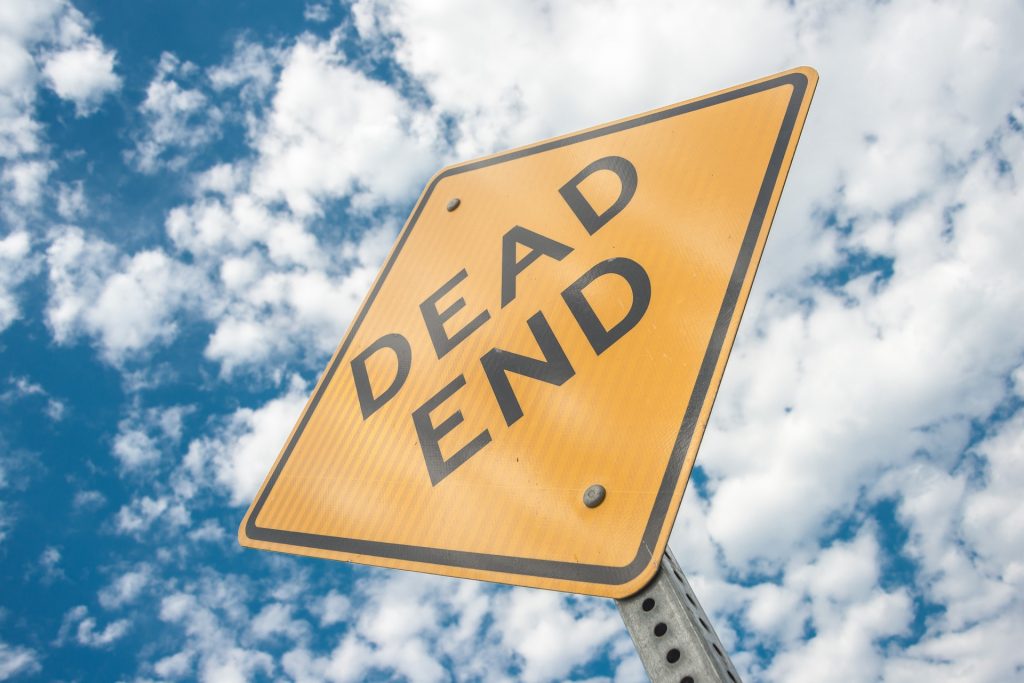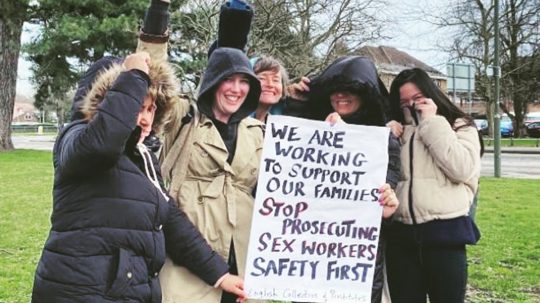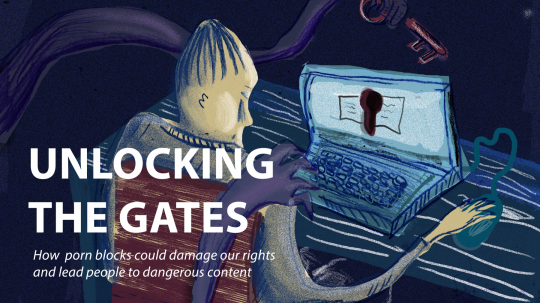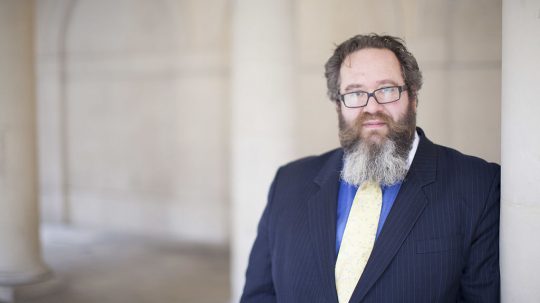After numerous delays, the UK government’s controversial plans for online age-verification controls and “porn blocks” have finally stuttered to a halt. Tara Beattie reflects on the ill-fated scheme and asks what’s next for online pornography regulation.
On Wednesday (16 October), Nicky Morgan, the Secretary of State for Digital, Culture, Media and Sport, announced that plans for implementing a controversial scheme to stop children’s exposure or access to pornography have been dropped.
What Was The ‘Porn Block’?

Image Credit: Jack Satchell / EachOther.
Section 14(1) of the Digital Economy Act 2017 would have required websites which make pornographic material available “on a commercial basis” in the UK to ensure that the material can only be accessed by adults.
The government had argued the move was a “world-leading step forward to protect our children from adult content which is currently far too easy to access online”, a cause which undoubtedly appeals to concerned parents.
To verify that they are over 18, users could have been compelled to provide details of a credit card, a form of ID, or a code, bought in local shops and kiosks after proof of age.
Websites which did not comply with the scheme would have been subject to an array of measures, including financial penalties and the potential withdrawal of payment and services essential to their operation. Most controversially, Internet Service Providers could have been required by the scheme’s regulator to block access to non-compliant websites from inside the UK.
The provisions were originally due to come into effect in April 2018. Difficulties had led to the scheme being delayed three times, before it was dropped this week.
Why Was It Delayed For So Long?

Image Credit: Pixabay.
Delays were caused by a failure to notify the European Union of the government’s plans. There also seem to have been difficulties for the British Board of Film Classification in taking up its intended role as age-verification regulator.
The scheme has attracted widespread criticism from privacy campaigners. The Open Rights Group have raised concerns about a system which may require the collection and storage of personal data, and which could become vulnerable to hacking, data breaches, and fraud. Others feared that the verification system would enable companies to track users’ pornography viewing habits and leave them susceptible to blackmail.
The efficacy of the system has also been called into question. The verification system could have been easily circumvented with the use of a Virtual Private Network (VPN), which legally allows consumers in the UK to make their internet history private by encrypting the traffic arriving and leaving devices. VPNs can also make the user appear to be somewhere else in the world, wherever the server is located, rather than reveal the actual user’s location.
It also would not have applied to social media platforms, which may be used to host pornographic content. Speaking to EachOther earlier this year, obscenity lawyer Myles Jackman suggested that the scheme could push users – particularly younger people – into using the dark web, where they could come across much more sinister material.
So Is It The End Of The Road?

Image Credit: Pexels.
That doesn’t seem likely. In a statement, the government said that they remained committed to protecting children online: an aim which would be better addressed through the wider proposals in the Online Harms White Paper. The proposals, published earlier this year, include the introduction of a duty of care, and the creation of an independent regulator “with strong enforcement powers to deal with non-compliance”.
This would make them responsible for tackling exposure and access to illegal or potentially harmful content, or else face penalties. Measures to do this could include the introduction of even broader age verification systems and website access blocks. This latest announcement therefore appears to be a diversion, rather than the end of the road, for the government’s online age-verification project.
Read more:
- Could the UK ‘porn ban’ expose users to ‘paedophile and serial killer’ material?
- ‘Obscene’ pornography law change is a victory for freedom of speech
- The Digital Economy Act Explained











